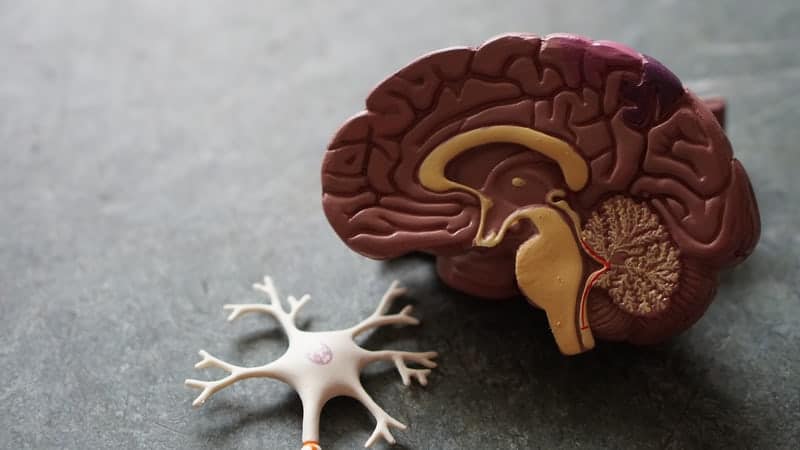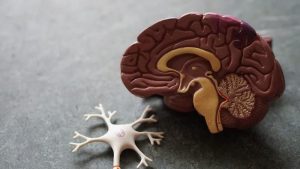
Testing for dementia requires the involvement of a physician.
Your parents are aging.
When you call them, you begin to notice changes.
They are having difficulty remembering with language, problem-solving, and memory loss.
You begin to wonder whether this is the result of simple tiredness or if it is the sign of something worse.
You think it may be dementia.
According to a recent article Harvard Men’s Health Watch article titled “Testing for dementia,” your loved one should visit a physician for screening.

Testing for dementia maximizes you treatment options.
This is important because dementia often progresses from mild to sever.
An early diagnosis can help you ensure affairs are in order before the illness progresses to incapacity.
Adjustments may include practical assistance with tasks of daily livings or the creation of durable powers of attorney for someone to assist with financial matters.
Alzheimer’s disease is a common form of dementia.
Those with Alzheimer’s may be unable to retain new information, remember recent conversation, or remember upcoming events.
They may often repeat comments or questions.
How do physicians test for dementia?
The tests are multifaceted and may include several rounds of testing.
The screening using begins with a brief test such as the Montreal Cognitive Assessment or the Mini-Mental Status Exam.
These typically take about 10 minutes and include a number of tasks like identifying similarities between words or recalling a list of words previously learned.
Depending on your score, your doctor may recommend further testing at a memory clinic.
The memory clinic will then run either a neuropsychological evaluation or a biomarker test or both.
The neuropsychological evaluation typically takes around four hours.
What does it include?
The test will involve an in-depth analysis.
These can include oral or written tests as well one-on-one interviews.
The purposes is to gauge specific cognitive functions such as problem solving, executive functioning, attention, and spatial skills.
Results are then compared to the average results of individuals with the same age and education level.
Biomarker tests often use MRI technology to look for small lesions, changes in the white matter, or other structural changes to the brain.
These often indicate brain tissue damage.
These can come from small strokes and result in “vascular dementia.”
If the results show shrinkage in the cortex of the brain or the hippocampus, these could indicate dementia.
If the shrinkage is significant, early Alzheimer’s may be the cause.
After the doctor has reviewed the screening results, a diagnosis can be rendered.
If the tests for dementia confirm a cognitive disorder, the doctor will categorize it as mild, moderate, or severe.
The diagnosis will influence the prescription for treatment.
What will happen if Alzheimer’s is suspected?
Your loved one may be prescribed medications to slow the progression of symptoms.
If the results align with vascular dementia, then cardiovascular risk factors should be addressed.
This often involves regular exercise, a healthy diet, and medications to control cholesterol and blood pressure levels.
It is vital to start testing for dementia when early symptoms arise.
With an early diagnosis, you can take action to prevent progression and to prepare for further decline.
Reference: Harvard Men’s Health Watch (May 2020) “Testing for dementia”
REMEMBER: “The choice of a lawyer is an important decision and should not be based solely upon advertisements.”
This statement is required by rule of the Supreme Court of Missouri.
